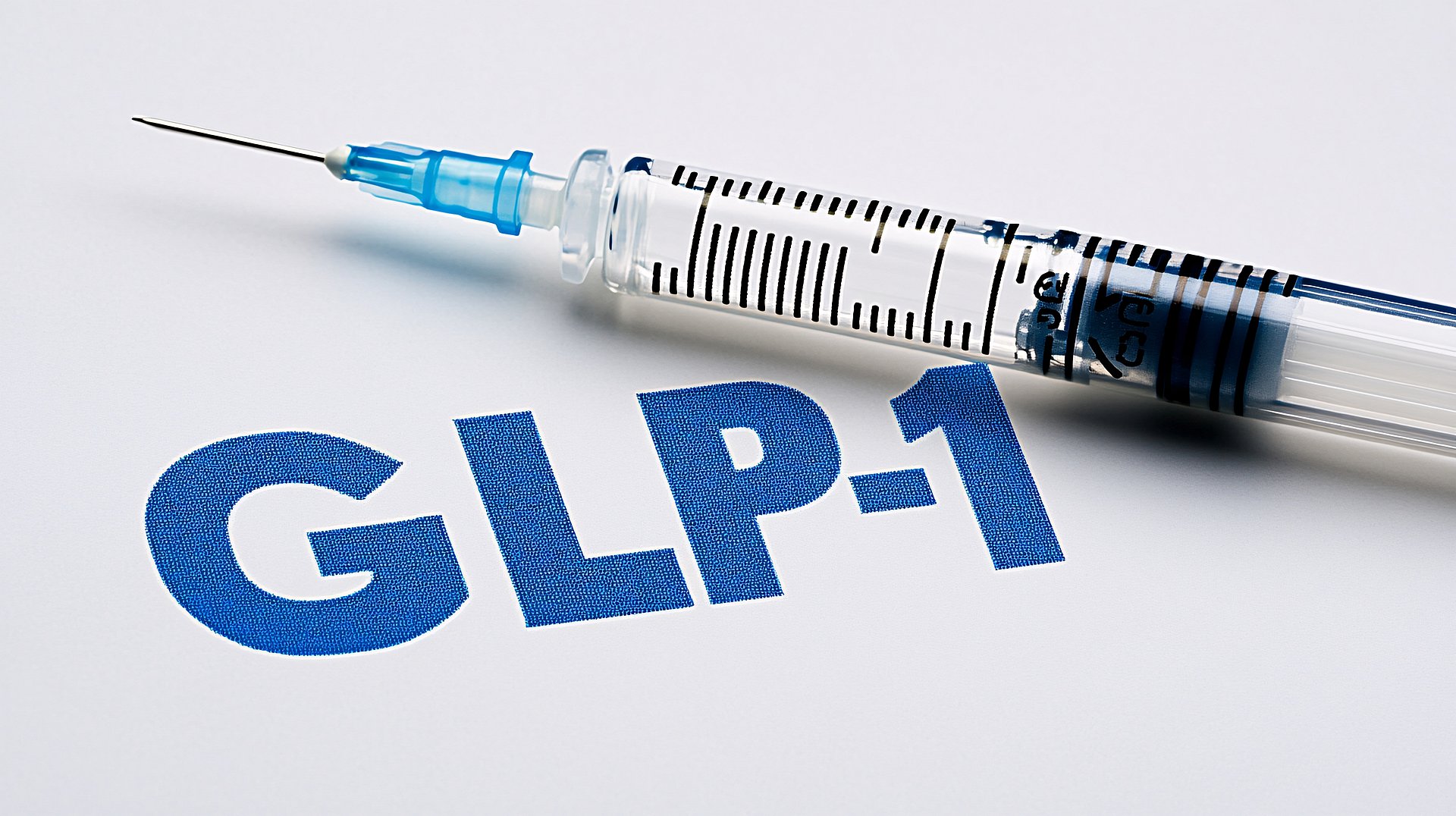Get Healthy!

- Posted November 24, 2025
GLP-1 Drug May Offer Short-Term Control of Obsessive Food Cravings
Researchers say a woman struggling with obesity who couldn’t resist eating fatty foods experienced declines in her cravings after taking tirzepatide, the GLP-1 weight-loss drug used in Mounjaro and Zepbound.
Studies of the woman’s brain function suggest the drug quieted what the researchers call “food noise” — brain activity tied to out-of-control food cravings.
However, these drug-linked interruptions in food noise wore off after a few months, suggesting that tirzepatide is not a permanent solution to conditions such as binge eating.
“Although this study only featured the data from one person taking tirzepatide, it provides compelling data about how GLP-1 and GIP inhibitors alter electrical signals in the brain,” said study co-first author Wonkyung Choi, a PhD candidate at the University of Pennsylvania School of Medicine in Philadelphia.
“These insights should inspire further research into developing a treatment better tailored to the impulsivity traits of obesity and related eating disorders that is safe and long-lasting,” Choi said in a university news release.
Research has revealed that GLP-1 agonist medications work, in part, by suppressing appetite signaling in the brain. Many users have also noted that the medications help curb other craving disorders, such as alcohol misuse.
Choi and her colleagues have long studied obesity and loss of control eating, which includes conditions such as binge eating.
In the new study, they focused specifically on food noise, a condition where people think constantly about food.
According to the study authors, food noise is extremely common among people battling eating disorders such as binge eating, anorexia or bulimia, and up to 60 percent of people with obesity also complain of food noise.
“Developing new ways to treat these patients is of the utmost importance,” explained study senior author Dr. Casey Halpern, a professor of neurosurgery and head of the Division of Stereotactic and Functional Neurosurgery at Penn.
The neurological roots of food noise are thought to reside in one of the brain’s “reward centers,” the nucleus accumbens (NAc). NAc function is strongly linked to impulsiveness and pleasure-seeking, and prior research has suggested that disruptions in NAc signaling and circuitry could trigger food noise, researchers noted.
As part of their research, the Penn team had already used brain electrode implants to track the neurological function of four people plagued by obesity and loss of control eating.
The experience of one 60-year-old woman (“patient 3”) is described in the new study, which was published Nov. 17 in the journal Nature Medicine.
The woman had long struggled with obesity and loss of control eating characterized by continual snacking and ordering of take-out foods, especially sweet or salty foods such as pre-packaged cupcakes, fast-food roast beef sandwiches and French fries.
She said she often ate until uncomfortably full, even though she also wanted to stop.
She also had type 2 diabetes, so had been taking the GLP-1 inhibitor drug dulaglutide (Trulicity). However, that drug appeared to have no effect on food cravings or her weight.
She’d also tried bariatric surgery, behavioral therapy and other medications to help manage her obesity, the researchers said.
The woman enrolled in a small trial at Penn that involved using NAc-focused electrical stimulation to help ease food noise in the brain. For patient 3, this six-month intervention did appear successful, easing cravings and cutting down on binge-eating episodes, according to Halpern’s team.
With the electrodes already in place in patients’ brains, the Penn team thought there might be a rare chance to observe the effect of another GLP-1, tirzepatide, on the NAc.
“Brain surgery to implant the electrodes is invasive, and thus it is extremely rare to study human brain activity in this way,” Halpern explained in the news release. “Research fuels more research; This participant was already taking tirzepatide when she enrolled in the trial, but before any stimulation was delivered, giving us a unique opportunity to make foundational observations about how the drug alters brain signals.”
At first, results were promising: As patient 3’s tirzepatide levels reached full dosage, craving-linked NAc activity in her brain went dormant and she had no obsessive thoughts about food.
However, after about five months of monitoring, food noise activity began to appear again in the woman’s NAc, as did the reemergence of food preoccupation, the researchers said.
“GLP-1 and GIP inhibitors are amazing medications at doing what they were developed for — managing blood sugar in people with type 2 diabetes and weight loss in obesity,” study co-author Kelly Allison, a professor of psychiatry and director of the Center for Weight and Eating Disorders at Penn, said in the news release. “This research shows us that they might be useful to manage food preoccupation and binge eating, but not in their current form.”
Halpern agreed, noting that research in this area is in its infancy.
“While many individuals taking GLP-1 and GIP inhibitors report a reduction in food noise, these medications are not FDA-approved to treat food preoccupation and its related impulsivity,” he said. “In fact, their impact on human brain activity has only begun to be studied.”
More information
There's more on binge eating disorder at the National Institute of Diabetes and Digestive and Kidney Diseases.
SOURCE: University of Pennsylvania School of Medicine, news release, Nov. 19, 2025

